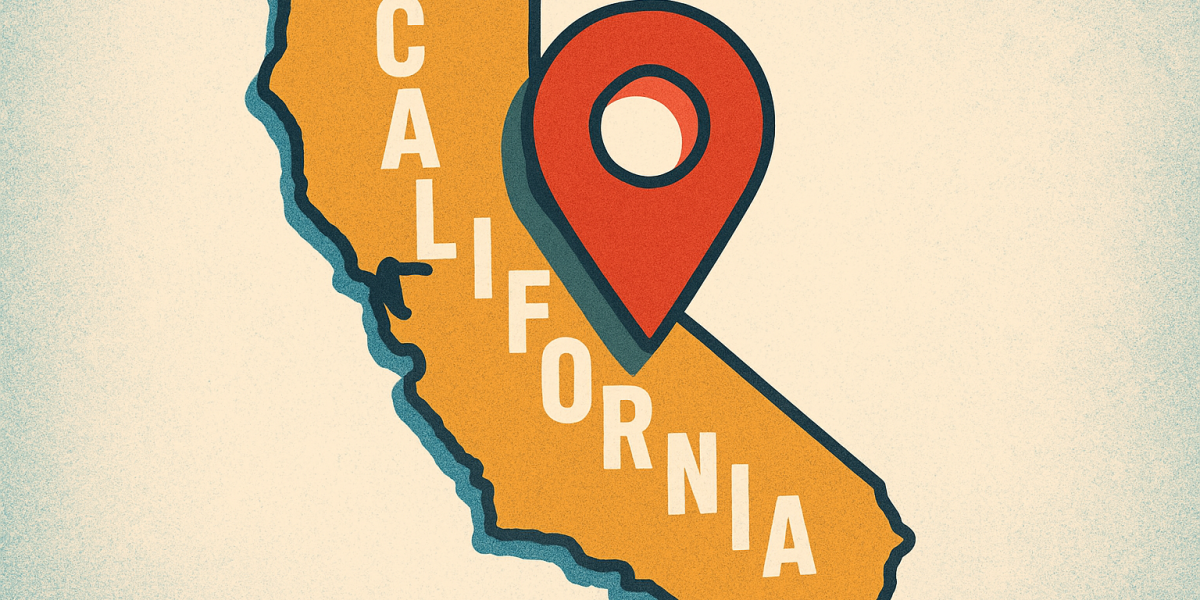In Briskin v. Shopify Inc., the Ninth Circuit Court of Appeal in San Francisco issued a landmark ruling expanding the application of specific personal jurisdiction principles to the realm of companies that engage in nationwide e-commerce. For all our layperson clients and friends in California and across the country, personal jurisdiction raises the question of whether a California court can reach out and assert jurisdiction over a party defendant that seemingly has no or few connections with the state and consumers who live in the state. The Court’s decision applies to California as well as all of the other western states that fall within the Ninth Circuit.
Summary of this Major Case
On April 21, 2025, an en banc panel of the Ninth Circuit issued a 10 to 1 decision ruling that factual allegations that Shopify embedded cookies that tracked a California consumer’s location data were sufficient to establish specific personal jurisdiction over Shopify in California. The Court’s en banc decision reversed a three judge panel’s prior opinion on the exact issue and a Northern District of California trial court’s decision as well. In the wake of this decision, companies conducting business in California and other states in the Ninth Circuit may face an increasing number of lawsuits in various states seeking to assert personal jurisdiction over those companies. To protect against multiple lawsuits in far-flung unwanted jurisdictions, e-commerce companies should, if practicable, refrain from collecting location data from consumers and engaging in other online activities that a court may see as targeting consumers of a particular state.
The Case Against Shopify
The case involved a gentleman by the name of Brandon Briskin, a California resident, who accused Shopify, Inc., a Canadian corporation, along with its U.S. subsidiaries, of privacy violations during an on-line transaction. Mr. Briskin alleged that Shopify unlawfully collected and used his personal information, including location data, without consent. He focused his accusations on the fact that Shopify allegedly installed tracking cookies on consumers who visited e-commerce websites owned or supported by Shopify, and created consumer profiles from the collected data. The district court dismissed the case for lack of specific personal jurisdiction, ruling that an e-commerce platform like Shopify, which operates nationwide, does not specifically target California residents simply by operating or supporting an e-commerce platform. A panel of the Ninth Circuit affirmed the district court’s ruling, but in response to a motion for further review, the Court later agreed to reconsider the personal jurisdiction determination en banc.
The Ninth Circuit’s Decision
Applying traditional personal jurisdiction principles to Shopify’s e-commerce activities, the Ninth Circuit en banc panel held that because Shopify’s geo-location technology allowed it to know where Briskin’s smartphone was located in California when it installed cookies on his device, Shopify’s conduct of intercepting Briskin’s information deliberately targeted a California resident, meeting the purposeful direction requirement for specific personal jurisdiction. Accordingly, per the Ninth Circuit, an interactive platform “expressly aims” its wrongful conduct toward a forum state when its contacts are its “own choice and not ‘random, isolated, or fortuitous,’” even if that platform cultivates a “nationwide audience for commercial gain.”
A significant aspect of the decision was the panel’s rejection of the necessity for “differential targeting,” which refers to the concept that a defendant’s actions within a forum state create specific personal jurisdiction only if the defendant acted with “some prioritization of the forum state” rather than a general, nationwide focus. The Court’s decision indicates that a business model like Shopify’s, which operates nationwide and collects and uses consumer data, can be subject to personal jurisdiction in any state where the business (1) gathers data from a resident of such state, and (2) has some indication of the resident’s physical location when he or she interacts with the business.
The Lone Dissent
Judge Callahan filed a lone dissent from the majority opinion. She expressed concerns that Shopify’s conduct was not expressly aimed at California. Her dissent cautioned the majority’s approach could lead to companies facing personal jurisdiction based solely on the plaintiff’s location during transactions and noted that, “[b]y holding that California courts can exert specific jurisdiction over Shopify because Mr. Briskin used his iPhone while ‘located in California,’ […] the majority opinion departs from the longstanding principle that jurisdiction turns on ‘the defendant’s contacts with the forum State itself, not the defendant’s contacts with persons who reside there.’”
Take Aways
The Ninth Circuit’s decision is a major sea change in the way in which courts in the Ninth Circuit may assert personal jurisdiction over companies conducting business in the digital age, particularly e-commerce businesses. The ruling serves as a reminder for e-commerce platforms to consider their interactions with consumers in various states, as their business activities may subject them to personal jurisdiction in many more states across the country. To perhaps reduce the impact of the Shopify decision, and the likelihood of personal jurisdiction being established in states in the Ninth Circuit, companies can consider geo-fencing, refraining from collecting on-line location data, and making sure that other aspects of the business’s online activities are not purposefully directed at consumers in a particular state.
About Finkel Law Group
Finkel Law Group, with offices in San Francisco and Oakland, has more than 30 years of experience representing its plaintiff and defendant clients in lawsuits filed in federal courts across California. When you need intelligent, insightful, conscientious and cost-effective legal counsel to assist your company defend against a lawsuit filed in federal court in California please contact us at (415) 252-9600, (510) 344-6601, or info@finkellawgroup.com. Our attorneys are ready to assist you to resolve your case.

